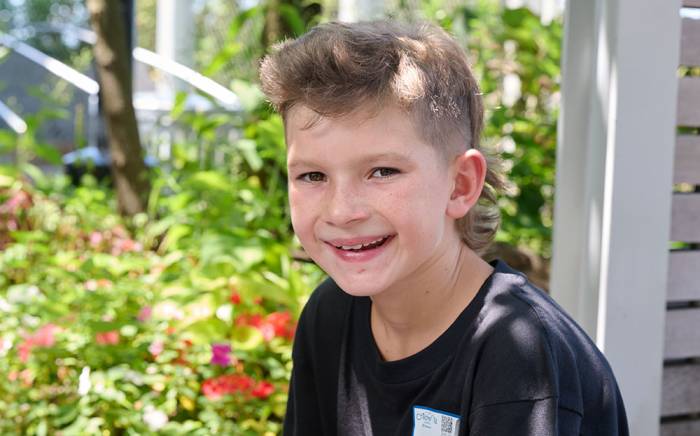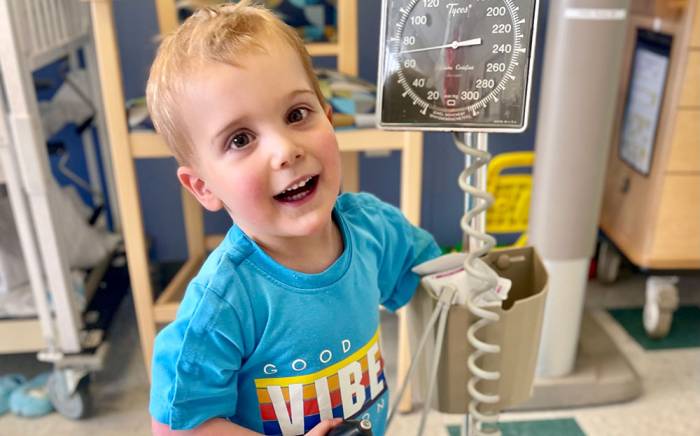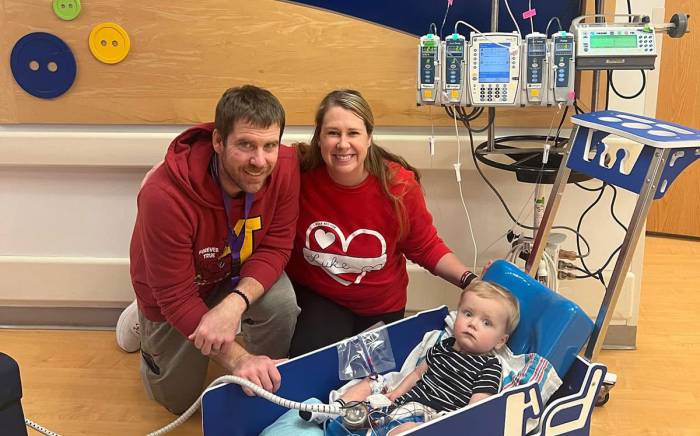
The St. Louis Children’s Hospital and Washington University Heart Center understands that caring for a medically-complicated child can contribute to feelings of anxiety and worry that can be overwhelming. To help provide additional emotional support as you navigate your child’s care, the Heart Center provides dedicated therapists to parents through the Perinatal Behavioral Health Service team at the Women & Infants Center.
While parenting can be a time of joy for families, if your child is experiencing a medical complication such as a congenital heart defect, there may be additional stress you were not anticipating. A Perinatal Behavioral Health Service therapist is available to meet one-on-one with parents or other caregivers in the hospital setting, an outpatient clinic and/or provide telehealth and phone support when needed.

An obstetrician, nurse coordinator or social worker can refer families to the therapist as early as initial diagnosis or at any point during your child’s treatment. The therapist is then available to follow you throughout the continuum of care, including pregnancy, hospitalizations, and by checking in with you after you have gone home and/or identifying resources closer to home.
Perinatal Behavioral Health Service provides support for parents and other caregivers who may experience:
- Depression
- Stress, anxiety, worry
- Sleep deprivation
- Increased responsibilities
- Relational tension
- Balancing the needs of your child and other family members
Why ask for help?
It is normal for parents to feel irritable, guilty, sad or worried about their children at times. Having a child with health issues can intensify these feelings. Families will be exposed to higher stress levels starting with diagnosis and continuing through hospitalizations, surgical procedures and while caring for your child at home. Chronic stress can put caregivers at higher risk for experiencing mood-related symptoms that interfere with your ability to care for your child and yourself. We’re here to help you and your family during this time and encourage you to let us know how we can be there for you.
For additional information, contact 314.454.5052 or visit Washington University’s Perinatal Behavioral Health Service webpage.









